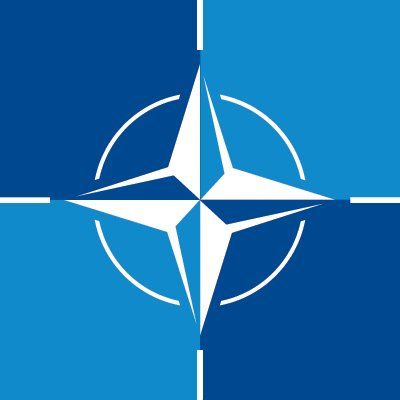The alliance will not proceed with a no-fly zone in Ukraine as it currently stands, according to US Ambassador to NATO Julianne Smith.
Also read: Zelensky to address UK House of Commons amid Russia-Ukraine war on Tuesday
“Our goal right now is to actually stop the war. We don’t want to expand this conflict beyond Ukraine, and so right now, the signal from NATO collectively is that NATO is not prepared to move forward with a no-fly zone,” Smith told CNN’s Christiane Amanpour in an interview.
However, Smith stated that NATO nations were taking efforts to “provide lethal support to Ukraine and assess their security needs in real time.”
Smith also stated that the alliance is taking precautions to ensure the safety of its members. “We will defend every inch of NATO territory. NATO is prepared to do that and is already taking steps to reinforce its eastern flank,” she said.
Also read: US, allies ask Interpol to suspend Russia’s access to its services
According to the envoy, US authorities are discussing with the Polish government the possibility of Poland sending MiG-29 Soviet-era fighter jets to reinforce the Ukrainians. “That is a sovereign decision for Poland to take. The US has noted that it is willing to sit down and talk through some of the challenges of that. There are a lot of open-ended questions about the number of Ukrainian pilots that are available, how these jets would actually move from Poland to Ukraine. That’s all being worked on right now.”
When asked if Russia had air superiority in Ukraine, Smith stated that Moscow does not have air superiority, which is “bad news for President Putin.”
Also read: Russian gymnast Ivan Kuliak facing ban for pro-invasion symbol on podium
“They have not taken Kyiv as they planned to do in the first few days of this conflict. President Zelensky is still the president of Ukraine, and what we’ve seen is some of these convoys, the 40-kilometer convoy that everyone has been keeping an eye on, in essence, has gone nowhere,” she said.
“It tells us a lot about the ability of the Russian military and the challenges, particularly the logistic challenges, that the Russians are facing.”
“It’s quite astounding actually, their inability to provide their forces with the simple things like meals and fuel,” Smith added.







